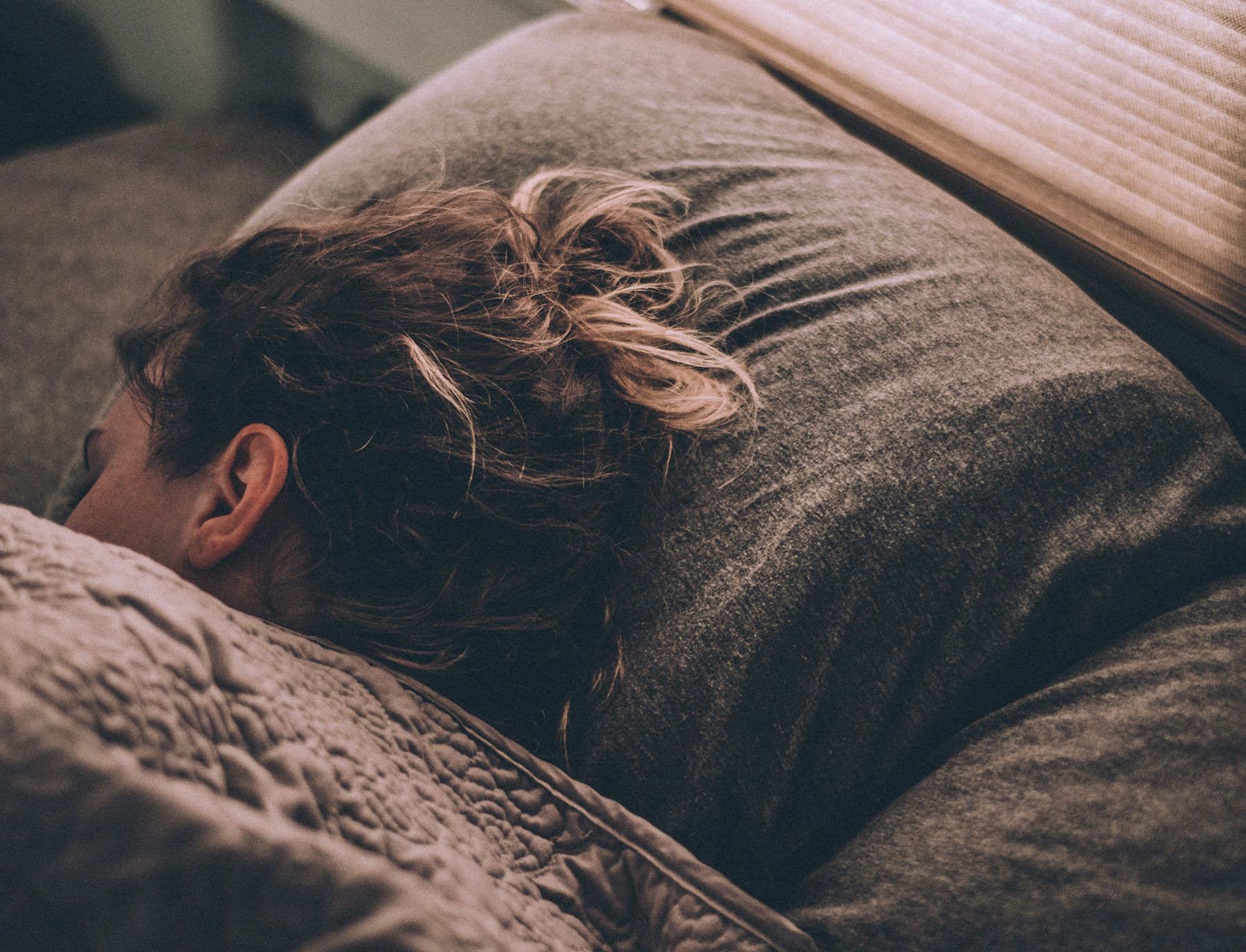

Albert Newton
How to improve your sleep
Good sleep is as important as regular exercise and a healthy diet. Even in times of Energy Drinks and boosters in our fast life, the best way to stay sharp, focused and energized during the day even into late evening hours, - is a the good old fashioned - powerful nap. Sleep is also the time when our muscles repair the damage (and regular wear and tear) of the day. Just few more hours per week can replace a massage or spa vists, or at last provides similar effects to your body. During sleep, more growth hormones are released (especially during the time when children grow taller, our skin cells regenerate, and our hair grows longer) as well as the hormones that regulate appetite. Our research shows that poor sleep has immediate negative effects on your hormones, physical performance, and brain function. It can also lead to weight gain and increase the risk of disease in adults and children. In contrast, good sleep can help you eat less, exercise better, and be healthier. In recent decades, both the quality and quantity of sleep have decreased. In fact, many people have poor sleep on a regular basis. If you want to optimize your health or lose weight, good sleep is one of the most important things you can do. We spend one third of our lives asleep. This suggests that sleep is just as important for us humans as food, drink, security and attention. Interestingly, despite all the advances in sleep medicine, there is still no clear answer to the question of what sleep actually is. In the meantime, researchers and physicians have discovered that various areas of the brain as well as messenger substances or biochemical substances are involved in the initiation and maintenance of sleep. And also that sleeping is of central importance for relaxation and recuperation so that our bodily functions are permanently maintained. During sleep, for example, the immune system is activated, metabolic products and damaged cells are broken down, toxins are eliminated, and muscles are regenerated. In addition, wounds heal, skin and hair grow back, the brain processes the day's experiences, our memory is expanded and our psyche recovers. So we sleep to stay healthy.
If rodents are deprived of sleep for a month, they die. If we are deprived of our sleep for only a short time, we do not die, but on the following day we act in a clearly "dampened" manner: we are less active, less alert, less efficient. Every person has an individual, healthy need for sleep. If we do not give in to this to the full extent, even the repeated loss of half an hour of sleep can grow over time into a considerable sleep deficit. Among many other factors, the invention of electric light, for example, has contributed to many people carrying around a considerable sleep deficit. The lack of sleep, also called sleep debt, leads to increased daytime fatigue and can have serious consequences: Traffic accidents are increasingly happening because of such a sleep deficit - caused by fatigue, reduced responsiveness or suddenly falling asleep
Here are some evidence-based tips to help you sleep better at night. You should start to improve your sleep by visiting your sleeping room. And start a revamp there, take a look on the most important factor as your mattress and light….
During the daytime
Exercise: Exercising regularly helps you sleep better. Otherwise, the body will demand the missing activity back at night. Exercise should end two hours before bedtime.
Get out: Morning is the best time to get some sun and fresh air. A study shows that night sleep is better then. Alternatively, you can use your lunch break for a walk in the fresh air.
In the evening
Media: You should avoid watching TV, using a computer or smartphone directly before going to bed. The high blue light content of the screens prevents the body from producing the sleep hormone melatonin. Blue light filters weaken the effect, but do not prevent it completely.
Coffee: Caffeine is taboo in the evening. Coffee, black tea or cola stimulate brain activity and delay falling asleep. You should avoid caffeinated beverages at least four hours before going to bed.
Alcohol: For a good night's sleep, it is best to stay sober. The after-work beer may make you tired at first, but alcohol shortens the deep sleep phases and makes you wake up early.
Eating: Don't eat hearty meals in the evening. These crank up the metabolism and overload the stomach. As a result, it's harder to fall asleep. Salad and raw vegetables are difficult to digest and are also not recommended before sleeping.
Stop smoking: You should not smoke before sleeping - because nicotine is a stimulant that disturbs sleep. By the way, smokers who give up their habit sleep better once they get over the withdrawal symptoms.
Just before going to bed
Relax: Relaxing before bed reduces stress and helps you sleep better. Create sleep rituals like a little meditation, soft music, or an evening walk. In general, try to avoid stress in the evening, for example by agreeing with the family to address problems only in the early evening.
Bedtime: Go to sleep only when you feel tired. Every 90 to 100 minutes, we go from being tired to being awake. The intervals when you are tired should be used for going to bed. Sensitive sleepers rest better if they always go to bed and get up at the same time.
Albert Newton
A beautiful mind